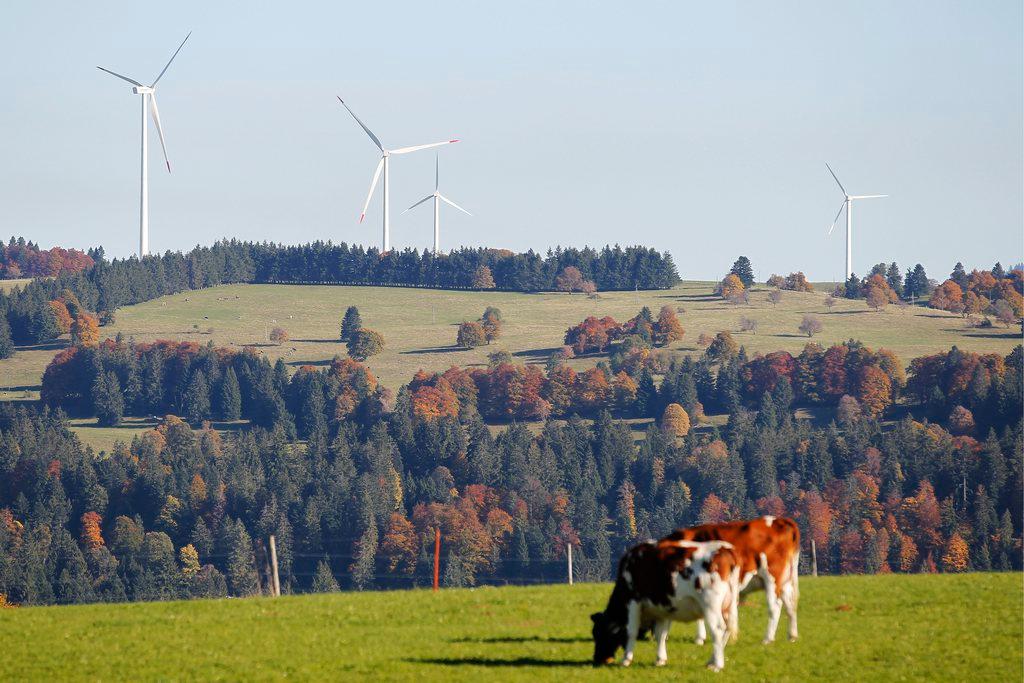Renewable energies: Switzerland lagging behind in Europe

Next Sunday, Swiss voters decide on Energy Strategy 2050, one of the most ambitious energy system transformation projects launched in Europe. It includes the promotion of renewable energies, a sector in which Switzerland has made very little progress in recent years.
Today, Switzerland is one of the European countries with the highest share of electricity produced from renewable sources. It ranks behind Norway – where renewable electricity production even exceeds domestic demand – and Iceland, Austria and Sweden.
But in the case of Switzerland, it should be noted that about 95% of this renewable electricity comes from dams, the vast majority of which goes back to the last century. In the field of new renewable energies, on the other hand, Switzerland is moving much slower than many European countries.
Wind turbines, for example, provided barely 0.17% of the electricity consumed in Switzerland in 2015, compared with an average of 8.3% in the European Union. In Denmark, wind energy already covers more than 40% of electricity needs.
Solar, for its part, provides barely 1.7% of Swiss electricity, compared with 3.2% in the EU as a whole. Belgium and Germany, which enjoy sunshine comparable to that of Switzerland, have already reached rates of 4.7% and 6.1% of solar electricity, respectively.
Taking into account the share of green energy in relation to domestic consumption, it can be seen that between 2005 and 2015, Switzerland registered a growth rate lower than that of most other countries on the continent.

In compliance with the JTI standards
More: SWI swissinfo.ch certified by the Journalism Trust Initiative









You can find an overview of ongoing debates with our journalists here . Please join us!
If you want to start a conversation about a topic raised in this article or want to report factual errors, email us at english@swissinfo.ch.